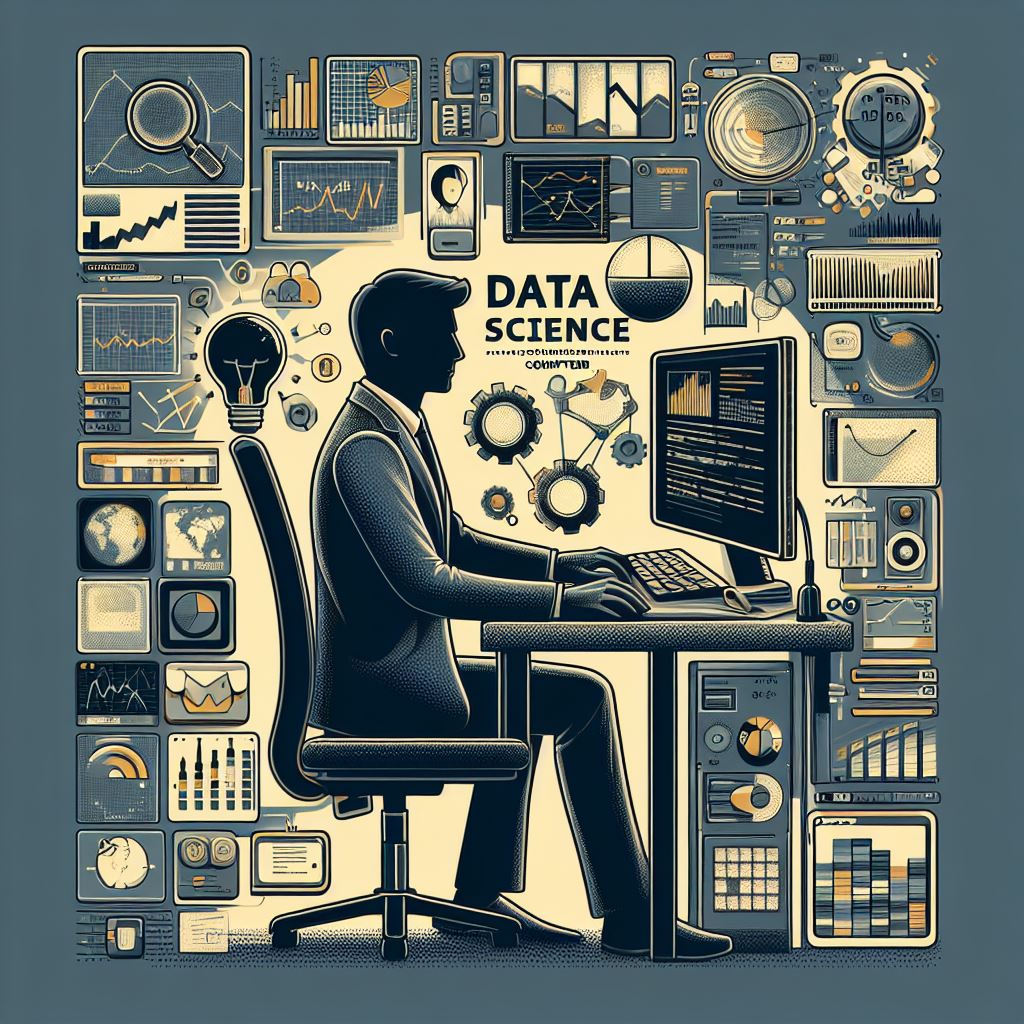Natural Language Processing (NLP) is a rapidly evolving field of artificial intelligence (AI) that enables machines to understand, interpret, and generate human language in a way that mimics human cognitive processes. It bridges the gap between human communication and computer understanding, making it one of the most significant technological advancements in recent years.
NLP plays a pivotal role in modern businesses, enhancing customer experience, streamlining operations, and creating more personalized interactions. From chatbots to content generation, NLP has found its application in various industries, transforming how companies engage with their customers and manage their workflows.
What is NLP?
At its core, NLP involves programming computers to process and analyze large amounts of natural language data. This process involves several subfields, including syntax (structure of sentences), semantics (meaning of words and phrases), and pragmatics (context of use). Through these areas, NLP helps computers extract useful information from unstructured data, such as text, social media posts, or voice commands, to derive meaningful insights.
NLP systems rely heavily on machine learning algorithms and deep learning techniques, which allow them to “learn” patterns from vast datasets, improving their accuracy and efficiency over time. This technology has enabled the creation of systems that can translate languages, detect sentiments in text, summarize documents, and even generate human-like text, all of which have vast applications across industries.
Applications of NLP in Business
NLP has seen widespread adoption across various sectors, especially in the business world. Let’s explore some of its primary applications:
Customer Support: One of the most significant impacts of NLP is its use in customer service automation. Virtual assistants like Siri, Alexa, and chatbots use NLP to understand customer inquiries and provide accurate responses. This reduces the need for human intervention, enhances customer experience, and cuts down on operational costs.
Sentiment Analysis: NLP is used to analyze customer feedback, reviews, and social media interactions to gauge public sentiment. Businesses can gain valuable insights into customer opinions and adjust their strategies accordingly. For instance, a company might use sentiment analysis to track brand reputation or identify areas for improvement in their products or services.
Content Creation and Summarization: NLP is increasingly used for automatic content generation and summarization. AI-powered tools can generate news articles, reports, and even blogs based on input data, saving time and effort for content creators. NLP systems can also condense lengthy documents into concise summaries, making it easier for businesses to stay informed and make decisions faster.
Language Translation: Another area where NLP shines is in breaking down language barriers. With NLP-powered translation tools like Google Translate, businesses can reach global markets more effectively, providing localized content and communication for diverse audiences.
Voice Assistants and Command Processing: Many companies are integrating NLP into their voice-enabled devices. These devices can recognize spoken commands, process them, and execute tasks, providing a seamless user experience. Whether it’s voice-activated devices in the home or voice assistants in customer service, NLP has improved the way we interact with technology.
Future of NLP
As NLP continues to advance, we can expect even more innovations in natural language understanding. Current trends include the use of transformer models, such as GPT-4, which generate highly accurate and coherent language outputs. Additionally, NLP is being integrated into more sophisticated systems, such as autonomous vehicles, healthcare diagnostics, and predictive analytics tools.
In the coming years, NLP’s ability to process multilingual data and understand more nuanced human emotions will further enhance its role in driving business growth. With continuous improvements in AI and machine learning technologies, the potential applications of NLP are boundless, making it a field worth watching.
Conclusion
Natural Language Processing is revolutionizing how businesses communicate, analyze data, and engage with customers. Its ability to understand human language and provide actionable insights is helping companies become more efficient, agile, and customer-centric. As technology continues to evolve, NLP will play an even more significant role in shaping the future of business and technology.
5
